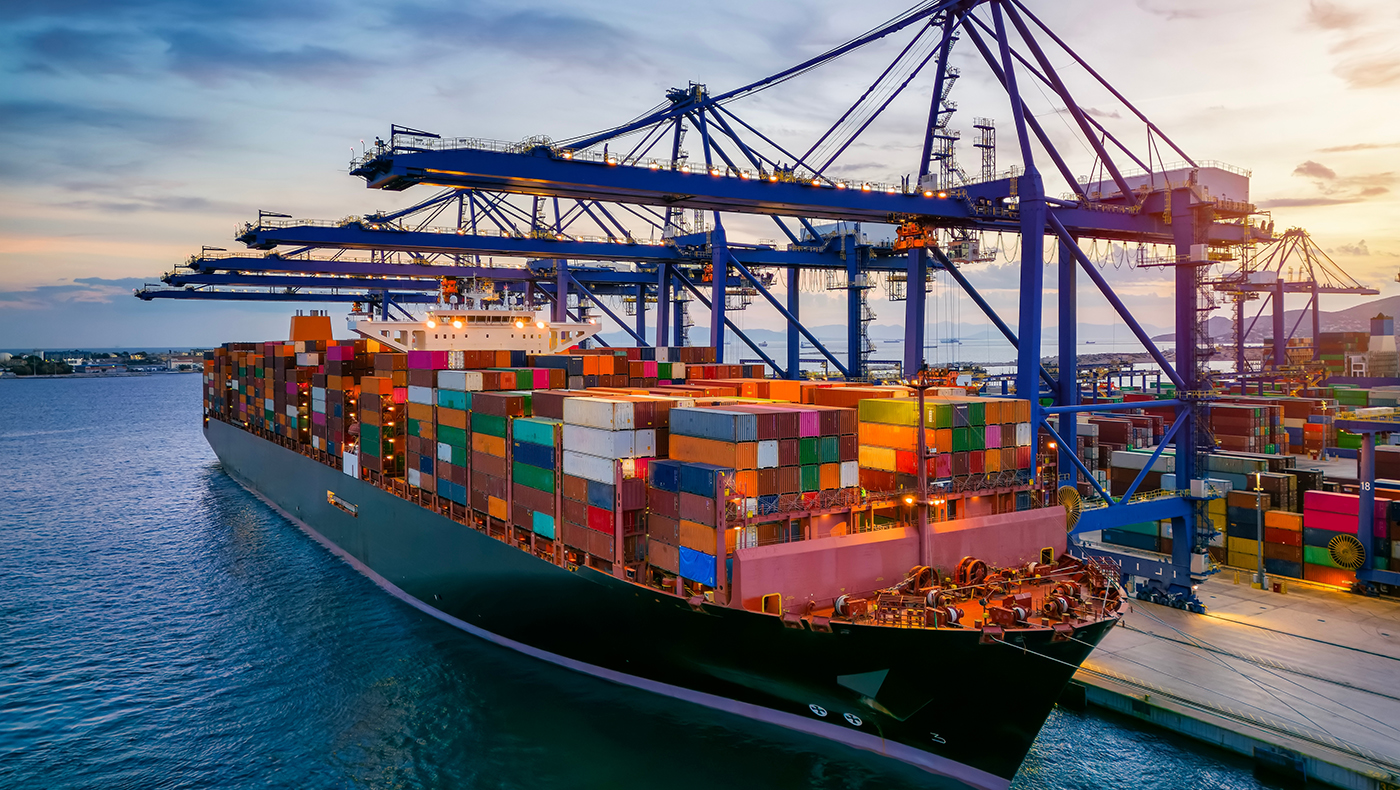In response to the U.S. presidential administration’s recently announced “Liberation Day” tariffs, faculty in the University of Delaware’s Department of Economics held a timely discussion for students. While tariffs are often framed as a way to protect American jobs and industries, economists warn that the long-term effects may do more harm than good. UD experts Thomas Bridges, Jorge Soares and Erin Yetter, professors of economics at the Alfred Lerner College of Business and Economics, share insights on how these policies impact everyday life and the broader economy.
Here are seven key takeaways from the conversation — and what it means for consumers, businesses and the economy.
1. Tariffs are taxes on imports, paid by U.S. businesses and consumers.
While often framed as a penalty on foreign producers, tariffs are actually taxes on imports. That means U.S. companies pay more for goods and materials from abroad, and those costs often get passed on to consumers.
2. Tariffs raise costs for U.S. producers, and consumers feel the pinch.
Many American companies rely on components or raw materials from overseas. When tariffs raise the cost of those inputs, businesses face difficult choices: absorb the losses or raise prices. Given current economic conditions, the result will likely be inflation felt at the cash register.
3. Trade restrictions can hurt the industries they aim to protect.
Although tariffs are designed to support U.S. manufacturing and job growth, they can have unintended consequences. Increased production costs can make American-made goods more expensive and less competitive, both at home and abroad.
4. Trade deficits don’t mean the U.S. is “losing.”
The 2025 administration has cited trade deficits as justification for the tariffs, viewing them as a sign that other countries are taking advantage of the U.S. But a trade deficit — when a country imports more than it exports — is not necessarily harmful. It can reflect strong consumer demand and investment strength.
5. International trade supports variety, affordability and specialization.
Global trade allows consumers to enjoy a wider range of products, often at lower prices. It also enables countries to specialize in what they produce most efficiently, improving productivity and economic growth.
6. Protectionism can spark global retaliation and market volatility.
Tariffs don’t exist in a vacuum. When the U.S. imposes them, other countries may retaliate, disrupting global supply chains and shaking investor confidence. These trade tensions can lead to market volatility in stocks, bonds and currencies — and even raise concerns about recession risk.
7. History offers a cautionary tale.
The 1930 Smoot-Hawley Tariff Act is a cautionary tale. Meant to protect American jobs during the Great Depression, it instead triggered retaliatory tariffs and a dramatic drop in international trade, deepening the economic crisis. Economists warn that history could repeat itself if today’s protectionist policies escalate.
As the global economy continues to evolve, UD Lerner College experts emphasize the importance of understanding the real impact of trade policies. The takeaway? Tariffs may sound like a quick fix, but their ripple effects are far-reaching — and not always in the direction policymakers intend.




